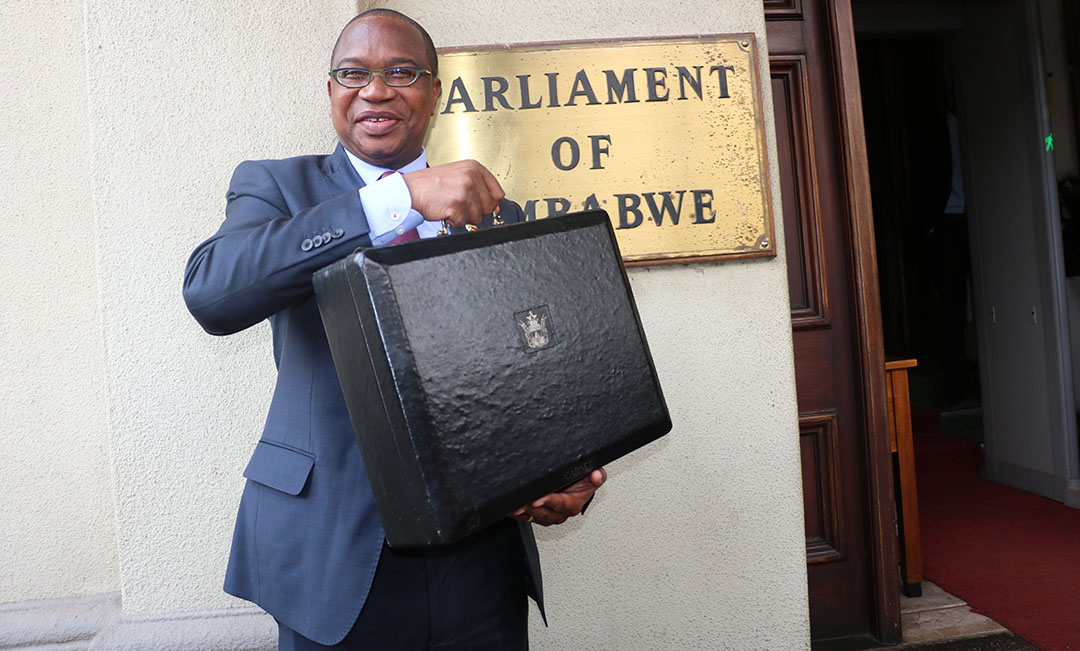AT 3PM on Thursday, finance minister Mthuli Ncube will present his proposed 2024 budget to parliament. Why must you be concerned? What should you look out for?
UNDERFUNDED PUBLIC SERVICES
The minister has already indicated that there won’t be enough money to fund public services. He stated that bids submitted by line ministries amounted to ZW$110 trillion but only ZW$47,8 trillion could be funded. This means more than 57 percent of what line ministries had budgeted for was cut down with the result that public services such as health, education, water and sanitation, agriculture among others will be underfunded.
ZIMBABWE DOLLAR DEPRECIATION
The budget will be presented in ZWL. The local currency has been plagued by depreciation, instability and inflation. This has led to fears that the budget will be a set of meaningless figures which will depreciate in the coming months making true planning, operations and budgeting difficult for line ministries.
UNREALISTIC PROMISES
Ncube is now notorious for failing to deliver on budgetary allocations set out in his blueprint. Line ministries have faced vast challenges in the past after failing to receive the entire allotted resources.
LACK OF CONFIDENCE
Confidence in the economy is low owing to numerous industry challenges, inconsistent policies and flip flopping on fundamental issues such as the currency. The blueprint must address key challenges confronting industry such as electricity and foreign currency availability. Moreover, urgent steps must be taken to address government’s spiralling debt, which is estimated to be close to US$20 billion.
TAX BURDEN
Taxes must be reviewed downwards for every person who is earning less than a living wage. There is a huge disparity in the tax-free threshold in local currency and USD terms. Given the high inflationary environment, the tax-free thresholds should be set in one currency, preferably the US dollar, and payable at an equivalent interbank rate in local currency to ensure economic disparities don’t negatively affect workers.
CALL TO REDUCE VAT & REMOVE IMTT
Industry has called for a reduction in VAT. In 2023, VAT was increased from 14,5 percent to 15 percent. VAT should be reduced from the current 15 percent to 14 percent in an endeavour to boost aggregate demand in the economy and cushion the consumer who bears the brunt of this tax. There have also been calls for the intermediated money transfer tax (IMTT) on electronic money to be removed. High taxes discourage investment, encourage informalisation, and impede attempts to revitalise business.
CHRONIC UNEMPLOYMENT
According to Zimstat, approximately 2,3 million youths in the country are not in employment, education or training. The budget must address expanding informality in the economy which has seen the majority of citizens unemployed, informally employed or underemployed.
LACK OF PUBLIC CONSULTATION
The law requires the public to be fully consulted before the budget presentation because the budget is meant to carry the aspirations of the people. A few consultations were conducted “online” and for a few hours on radio stations. No physical consultations were made which has limited the scope for a pro-people budget.
RECOMMENDATION
Citizens continue to call for a move away from economic rhetoric to a pro-people, sustainable revival of the economy and employment creation through well-targeted tax incentives and higher spending on or allocation to productive sectors of the economy.
There must be a focus on deepening currency stability; reversing negative perceptions and focusing on productivity not production in sectors such as agriculture, mining, education and manufacturing, among others. We also call for increased social spending that meets international protocols especially on health and education, while keeping a close eye on fiscal consolidation.
Fadzayi Mahere is the CCC MP for Mt Pleasant
















